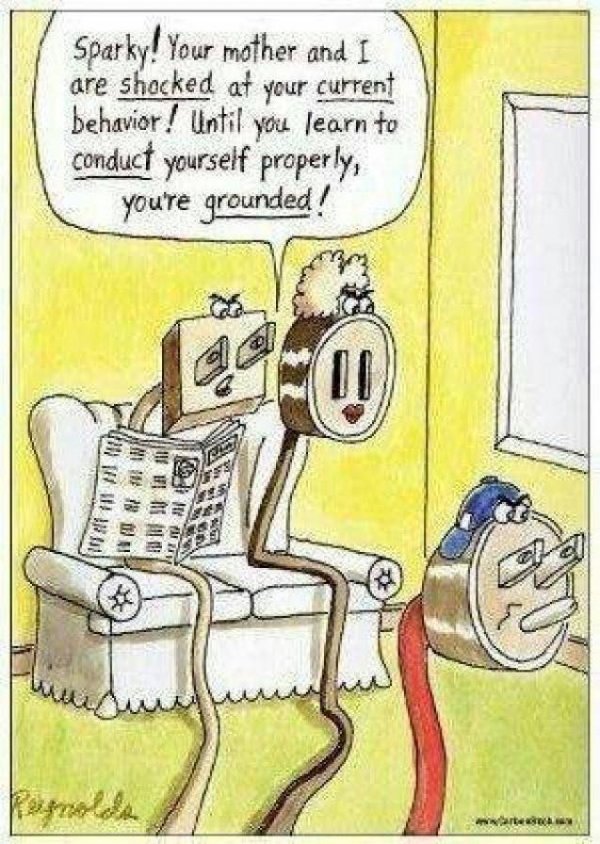No problem. Thanks.
I'm interested in what we hear and how we describe that for live music and our stereos
This is the challenge all reviewers face, Tim. Jeff Day’s article resonated with me and some others, but most were lost.
I gave you a long definition of the term “natural” from my perspective. I will find in some twenty pages back and repost. That is my response to your thought experiment.
I have also argued for some time that I do not believe in an absolute sound. This is based on my time in Vienna. For something to sound natural, convincing, or realistic, it actually falls within a range of sounds depending on many factors.
A few have asked where has HP’s audiophile vocabulary really gotten us? Are we better off then we were 30 years ago when I presume audiophiles and music lovers simply heard a system and understood that it was good or not without having to break down the sound into parts?
The move toward more natural is a move toward simplicity and fundamentals. Tone, Dynamics, Presence. The Listening Window. Natural Sound.
Energy. Emotional connectedness.
These are pretty basic concepts. If people do not understand them, it is an indication of the impact HP has had and how lost we are. Those with more experience than I have told me that people used to understand this stuff.
The reason the opera hall in Vienna is considered to be great is because that cello or that soprano is heard in all its clarity from anywhere in the hall and the genius of the composer comes across as an emotion to everyone witnessing it. It is not the same for everyone there, but it comes through. Unless her halls, clarity, that emotion, the message, can get lost. It is not the same for everyone there, but it comes through. In lesser halls, clarity, emotion, the message, can get lost. People know right away that something is off.
I have heard stories about how composers have gone into bad halls listen to their own voices and snap their fingers and clap their hands and realized immediately that something is off.
Conveying that to others is the challenge for the reviewer. I commend you on your efforts to get to the bottom of this. It will not be easy. If someone wants to know what a pebble tossed into a still pond in the middle of the woods sounds like or a cheetah catching a gazelle, or what Bach is conveying in his second cello suite, he may just have to experience these things for himself.


